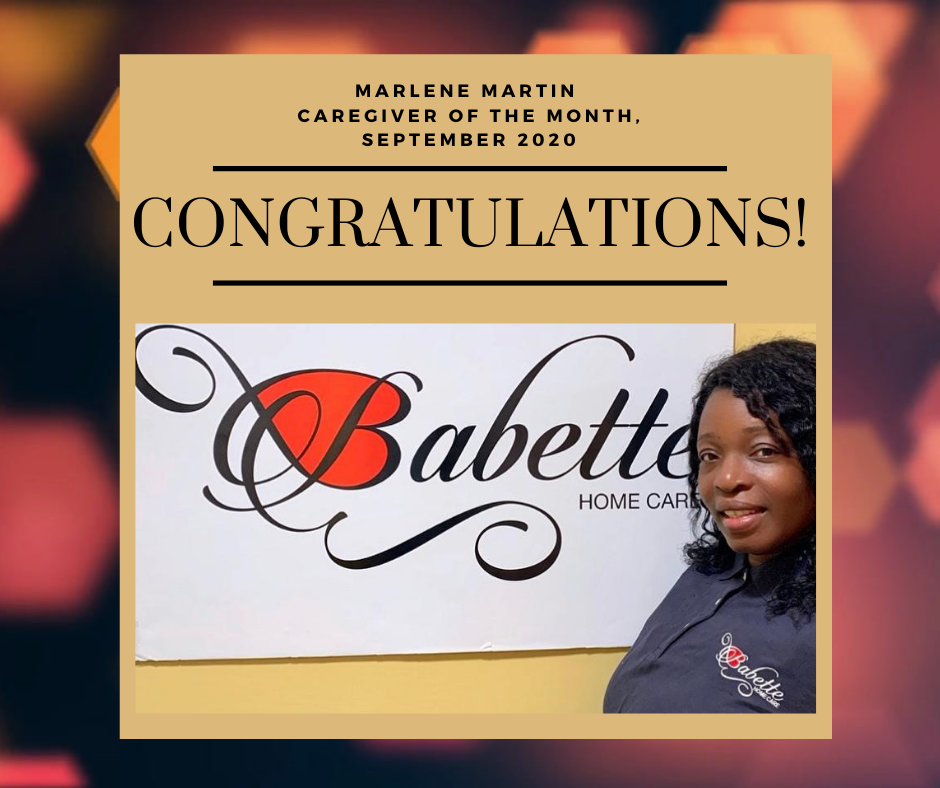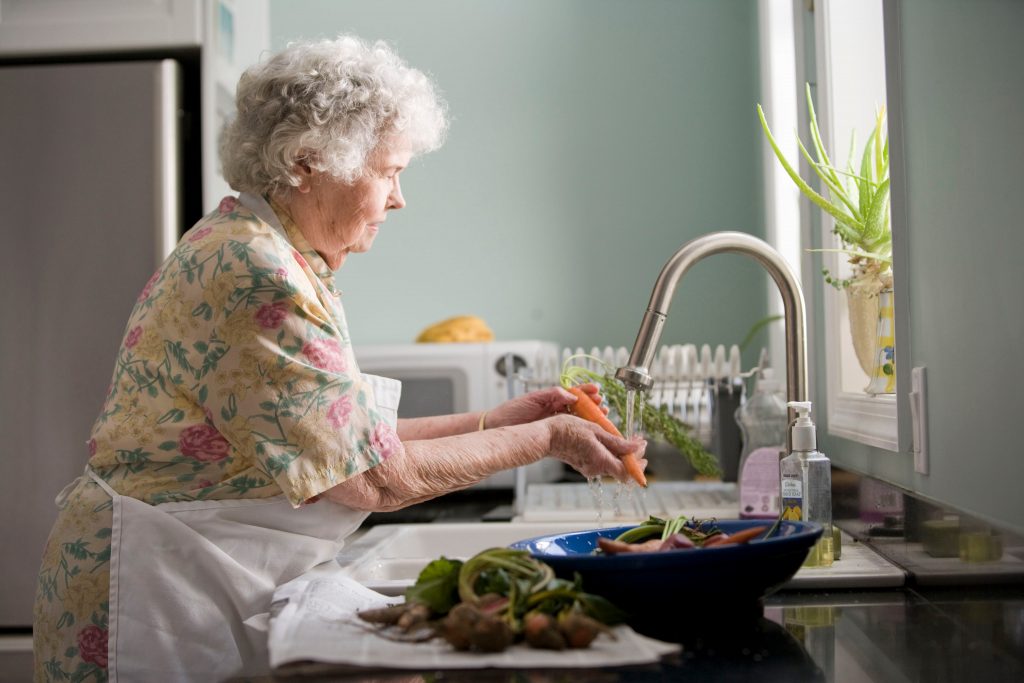Successful communication with a person who has Alzheimer’s Disease

November is National Alzheimer’s Disease Awareness month. Babette Home Care offers a specialized program in Alzheimer’s and Dementia Care. Our experts share tips on successful communication with a person who has Alzheimer’s Disease.
Tech Savvy Tips For Seniors: How To Attend Virtual (Zoom) Meetings –

Social isolation has been a hidden health risk among seniors during the lockdown. We want to decrease the feelings of loneliness and isolation by providing some helpful tips on how to attend virtual meetings. That way, you or your loved one can start attending virtual events, book clubs, hobby clubs, and catch up with friends.
What to do when your parents refuse help but need it.

Do you notice your parents struggling with activities of daily living or has there been a decline in their personal hygiene? As soon as you start noticing that your loved one is struggling to take care of their health and home it’s time to start having the difficult conversations. Here are some tips on how to approach parents who refuse help.
Meet Marlene Martin: Caregiver of the month, September 2020

Meet Marlene Martin, our September caregiver of the month.
A breakdown of Senior Home Care

When it comes to Senior Care, there are a variety of options available for your loved one to choose from including; Home Care Agencies, Skilled Nursing Facilities, Independent Living Facilities, Assisted Living Facilities and Continuing Care Retirement Communities. Each of these facilities include their own sets of pro’s and con’s and different ways in which […]
Why Home Care is more important now than ever before.

The rapid growth of the home care industry is caused by not only the changes in societal and demographics in the United States but, also due to the increase in the demand for home-based care consequently by the Covid-19 pandemic. Why?
How COVID-19 has impacted Elder’s mental health

As lockdown rules and restrictions are being eased for most of us, the majority of the older population are still being advised to remain in isolation and shelter in place. We put together some great resources and tips in hopes that it will be most beneficial to you and your loved one during these uncertain times.
12 Easy Gift Ideas For Your Elderly Loved One

If you don’t know what to get your elderly loved one for the holiday season, here are some gifts ideas we put together to help you get started. It’s the simple things in life that make the biggest impact. 1. A Gift Card To Their Favorite Restaurant Sometimes your loved one wants to get out […]
Caring for a loved one with Dementia

Who would have thought Mr. John, after being diagnosed with vascular dementia, would experience a happy and enjoyable life? It’s being 4 years since he received the phone called from his doctor. Of course his daughter Meghan was heart broken. She noticed that her father’s memory was declining since he had the stroke, but she […]
Life after Surgery

You arrived home from the hospital, received all the necessary medicine and recovery plans from your doctor now what? Life after surgery is not always easy. It will take sometimes for you to get back on your feet. It is very important that you are patient with yourself and use that recovery process to rest […]
